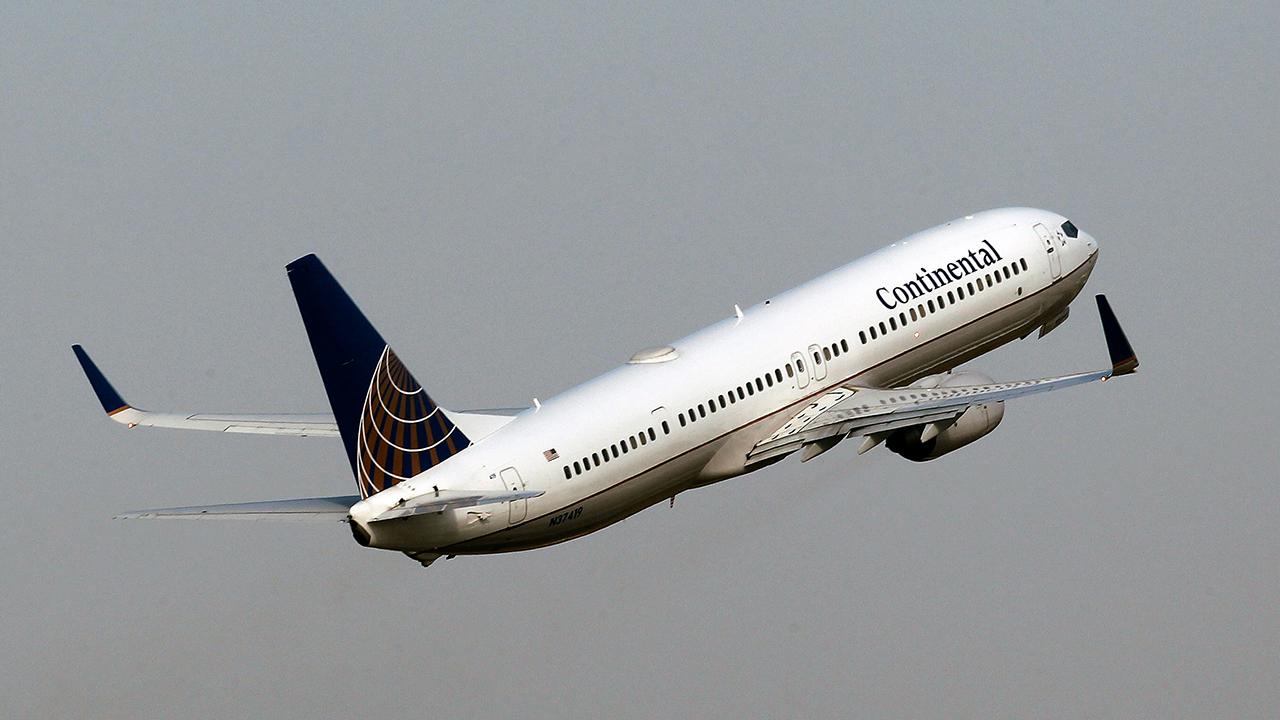CEO will tell Congress that Boeing made mistakes on Max jet
On the anniversary of the first of two deadly crashes involving 737 Max jets, Boeing's CEO will tell Congress that the aircraft company knows it made mistakes and is throwing everything into fixing the plane.
"We have learned and are still learning from these accidents," Dennis Muilenburg said in comments prepared for delivery Tuesday to a Senate committee. "We know we made mistakes and got some things wrong. We own that, and we are fixing them."
A key lawmaker said Monday that Boeing should have got things right the first time, before the Max began carrying passengers.
BOEING COMMERCIAL PLANES CHIEF EXITS AMID FALLOUT FROM 737 MAX CRASHES
Muilenburg is scheduled to testify Tuesday before the Senate Commerce Committee, then again on Wednesday before the House Transportation Committee. Boeing released his prepared statement Monday.
His appearances in Washington come as Boeing faces investigations by both committees and a criminal probe by the Justice Department. It is also being sued by families of some of the 346 people who died in the crashes of a Max off the coast of Indonesia on Oct. 29, 2018, and another in Ethiopia on March 10.
In their final report on the first crash, Indonesia investigators said last week that Boeing's design of a key flight-control system made the plane vulnerable if a single sensor failed — disregarding the aviation industry's long reliance on redundant systems to prevent disaster. They also faulted Lion Air, which operated the plane, and U.S. regulators who approved it for flight.
Stocks In This Article:
Rep. Peter DeFazio, chairman of the House Transportation Committee, said he will ask Muilenburg why Boeing didn't tell the Federal Aviation Administration about changes during development of the Max that made the flight-control system called MCAS more powerful. DeFazio suggested that Boeing concealed the true power of MCAS to discourage regulators from examining the system more closely.
On both fatal flights, faulty sensors caused MCAS to push the planes' noses down, and pilots were unable to save the aircraft. Boeing is now making the nose-down pitch less frequent and powerful, and it is adding redundancy by tying it to two sensors and two computers instead of one each at a time.
"They seem to have done what they should have done to begin with, which is they made the system less radical," DeFazio told reporters. "There are numerous regulators looking at this, it isn't just going to be the FAA. This will be the most thoroughly scrutinized fix in the history of the aviation industry."
Congress is expected to consider changes to the way FAA certifies new planes and its practice of deputizing employees of Boeing and other aircraft manufacturers to perform safety tests on key components.
GET FOX BUSINESS ON THE GO BY CLICKING HERE
Some relatives of passengers who died in the crashes want Boeing banned from conducting safety reviews — they want FAA inspectors to do all that work. Such a change would require a big increase in FAA's budget. According to DeFazio, there are about 45 FAA inspectors overseeing 1,200 Boeing employees who conduct much of the actual testing.
Several relatives of Max victims want Muilenburg to pay a personal price for the accidents and Boeing's response.
"We don't think Muilenburg should be CEO anymore," said Michael Stumo, whose daughter Samya was on the Ethiopian Airlines Max. "He presided through this, minimizing it, trying to convince everyone it was pilot error, everything was fine, it's a safe plane. Everything so far has been dissembling, denial, pointing the finger somewhere else."
CLICK HERE TO READ MORE ON FOX BUSINESS
Muilenburg, who is expected to meet with some of the family members Wednesday, was stripped of his title as chairman of the Boeing board earlier this month. The most senior executive dismissed so far was the head of Boeing's commercial airplanes division, Kevin McAllister.




















